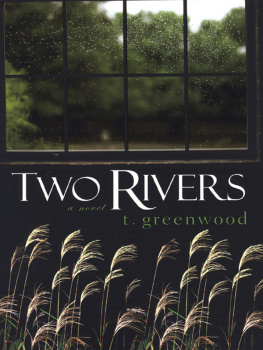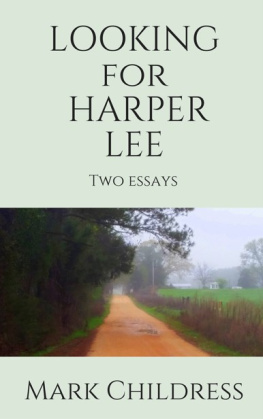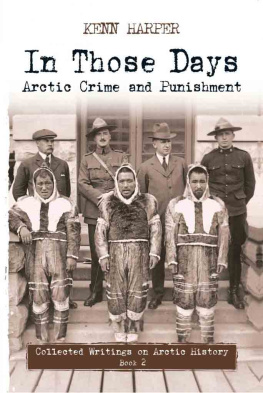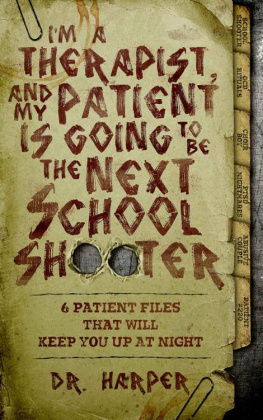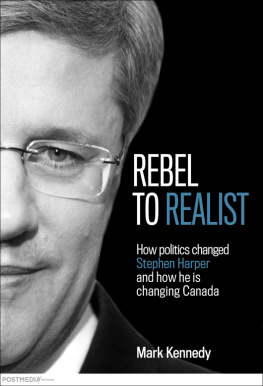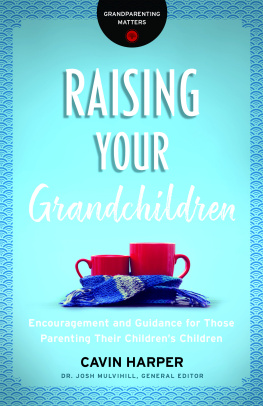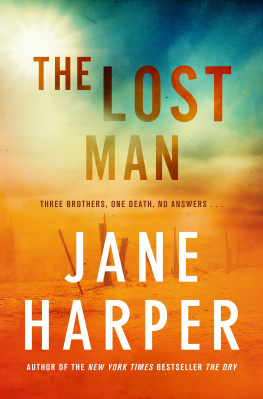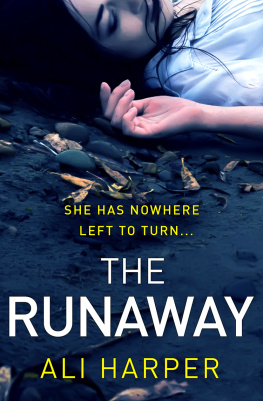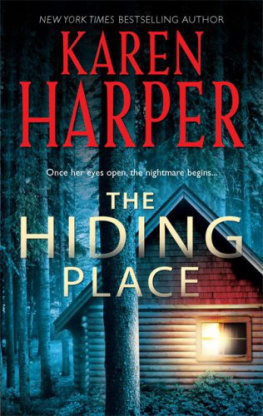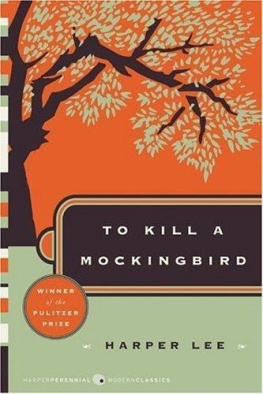Advance Praise for Two Rivers
From the moment the train derails in the town of Two Rivers, I was hooked. Who is this mysterious young stranger named Maggie, and what is she running from? In Two Rivers , T. Greenwood weaves a haunting story in which the sins of the past threaten to destroy the fragile equilibrium of the present. Ripe with surprising twists and heart-breakingly real characters, Two Rivers is a remarkable and complex look at race and forgiveness in small-town America.
Michelle Richmond, New York Times bestselling author of The Year of Fog and No One You Know
Two Rivers is a convergence of tales, a reminder that the past never washes away, and yet, in T. Greenwoods delicate handling of time gone and time to come, love and forgiveness wait on the other side of what life does to us and what we do to it. This novel is a sensitive and suspenseful portrayal of family and the ties that bind.
Lee Martin, author of The Bright Forever and River of Heaven
T. Greenwoods writing shimmers and sings as she braids together past, present, and the events of one desperate day. I ached for Harper in all of his longing, guilt, grief, and vast, abiding love, and I rejoiced at his final, hard-won shot at redemption.
Marisa de los Santos, New York Times bestselling author of Belong to Me and Love Walked In
Two Rivers is a stark, haunting story of redemption and salvation. T. Greenwood portrays a world of beauty and peace that, once disturbed, reverberates with searing pain and inescapable consequences; this is a story of a man who struggles with the deepest, darkest parts of his soul, and is able to fight his way to the surface to breathe again. But alsomaybe more soit is the story of a man who learns the true meaning of family: When I am with you, I am home. A memorable, powerful work.
Garth Stein, New York Times bestselling author of The Art of Racing in the Rain
Turn the page for more outstanding
praise for Two Rivers .
The premise of Two Rivers is alluring: the very morning a deadly train derailment upsets the balance of a sleepy Vermont town, a mysterious girl show up on Harper Montgomerys doorstep, forcing him to dredge up a lifetime of memoriesfrom his blissful, indelible childhood to his lonely, contemporary existence. Most of all, he must look long and hard at that terrible night twelve years ago, when everything he held dear was taken from him, and he, in turn, took back. T. Greenwoods novel is full of love, betrayal, lost hopes, and a burning question: is it ever too late to find redemption?
Miranda Beverly-Whittemore, author of The Effects of Lightand the Janet Heidinger Kafka Prizewinning Set Me Free
In the tradition of The Adventures of Huckleberry Finn and To Kill a Mockingbird , T. Greenwoods Two Rivers is a wonderfully distinctive American novel, abounding with memorable characters, unusual lore and history, dark family secrets, and love of life. Two Rivers is the story that people want to read: the one they have never read before.
Howard Frank Mosher, author of Walking to Gatlinburg
T WO R IVERS
T. Greenwood

KENSINGTON BOOKS
www.kensingtonbooks.com
For Patrick
Contents
A CKNOWLEDGMENTS
I would like to give thanks to the following people for their contributions both big and small:
First, to the National Endowment for the Arts and the Christopher Isherwood Foundation, whose generous financial support enabled me to find both the time and space to write this novel. To my family, whose unwavering support has been nothing short of heroic. To Nicole Norum, Ann Marie Houghtailing and Jim Kokoris who read early versions of the novel and said to keep writing. To Penny Patch, who shared with me her remarkable personal experience during Freedom Summer. To Karl Lindholm for all things Middlebury and to Matt Van Hattem and David Warner, who answered all of my questions about trains. To Denise Johnson for dancing on the hood of her car. To Beya Thayer, who told me who Maggie was and what she was doing in Two Rivers (and for everything else too). To my father, Paul Greenwood, who helped me get all the important details right. To the folks at Newbreak Coffee Co. in Ocean Beach, CA, for the good bagels, endless cups of coffee and ocean view. To my students and colleagues at The George Washington University and at The Writers Center, who teach me something new about writing every day. For the readers of my Mermama blog, who continue to cheer me up and cheer me on. To my extraordinary agent, Henry Dunow, for holding my hand through every step of the revision process, and for believing in this story despite everything. And to Peter Senftleben, who made this all, finally, happen. Lastly, to Patrick for his enormous patience and gigantic heart, and to Kicky and Esme, whom I loveto the bottom of the ocean and back to the top.
All water has a perfect memory and is forever trying to get back to where it was.
T ONI M ORRISON
P ROLOGUE
1968: Fall
B lackberries. The mans skin reminds him of late summer blackberries. The color of not-quite midnight. The color of bruise. This is what Harper thinks as he looks at the man they have taken to the river, the one who is half-drowned now, pleading for his life: the miracle that human skin can have the same blue-black stillness as ripe fruit, as evening, as sorrow itself.
Of course he also thinks about what you might see (if you were here at the confluence of rivers). Three white boys. One black man, begging to be saved. The harvest moon casting an orange haze over everything: just a sepia picture on a lynching postcard like the ones his mother had shown him once. Hed had to look away then, both because the hanged man had no eyes, and because it was the only time hed seen his mother cry. And he knows that if she were still alive shed be weeping now too, but not only because of the black man about to die.
It was anger that brought him here. After he understood that Betsy was dead (not wounded, not hurt, but gone), everything elsethe grief, the sadness, the horrorbecame distilled, watery sap boiled down into thick syrup. All that was left then was anger, in its purest form. It was rage that brought him here. But somehow, now, in the cool forest at the place where the two rivers meet, as the man looks straight into Harpers eyes and pleads, the anger is gone. Swallowed up by the night, by old sadness and new regret.
Please, the man says, and Harper thinks only of blackberries.
He will see this color when he closes his eyes tonight and every night afterward and wonder what, if anything, it has to do with the most despicable thing hes ever done.
1980: Wreckage
P eople say we are defined by the choices that we make; some of them are easy, small, while others are more difficult. These are the decisions that keep us up at night, forcing us to weigh the pros and cons, to examine what is right and what is wrong. They require us to examine the options, scrutinize the possibilities and potential outcomes. But what about the split-second decision? What about the one made without the luxury of contemplation, the one made from the gut rather than the brain? Does this speak more loudly to who we really are? The Chinese philosopher Mencius believed that man is innately good. He argued that anyone who saw a child falling into a well would immediately feel shock and alarm, and that this impulse, this universal capacity for commiseration, was proof positive that man is inherently good. But what about the man who feels nothing? What about the man who stands at the edge of the well and does nothing? Who is he? Once, a long time ago, I made a split-second decision that has made me question who I am, what I am capable of, every day since. And this instant, this horrible moment, has haunted every other moment of my life. I dont think I am a bad man, but sometimes I just dont know.

